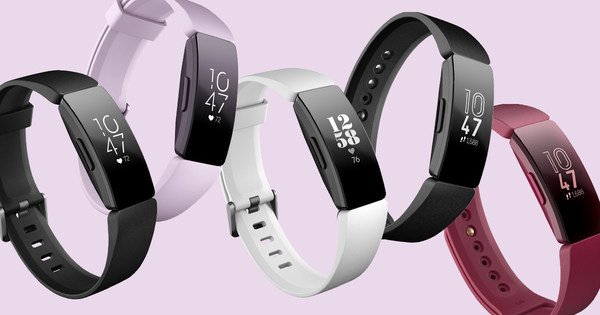
Image credit- prnasia
Health2Sync, the number one diabetes management app in Taiwan and Japan, has announced the results of their clinical study in Taiwan, demonstrating that combining Fitbit wearable devices with their Health2Sync Patient Management Platform can help users control and better manage the symptoms of Type 2 diabetes mellitus (T2DM).
In the study, conducted with four of Taiwan's leading diabetes clinics, participants recorded significant average improvements in key indicators, such as reduced HbA1C, fasting blood glucose and LDL-C, and higher blood glucose measurement frequency -- a valuable proof of concept for using Fitbit wearables with diabetes care protocols and solutions.
The study found:
Conducted over a three-month period ending in July 2020 in conjunction with the Neng-Chun Diabetes Clinic, Da-Ya Chang-An Clinic, Yier Clinic and Banqiao Da-Jun Clinic, the study, with patient consent, lets the patients' doctors track the progress and lifestyle changes of 95 participants with T2DM.
Prior to the commencement of the study, doctors at the four clinics established benchmarks for all participating patients based on blood glucose tests at the start of the trial, then on a self-monitored weekly basis throughout the study period.
Dr. Kuo-Liang Lu of Da-Ya Chang-An Clinic in Taiwan, said: "The results speak for themselves. We saw a reduction in some of our patients' weight by an average of two kilograms and fasting BG levels of study participants from Da-Ya Chang-An clinic decreased 11.10 mg/dL within 3 months, leading to significant health improvements."




